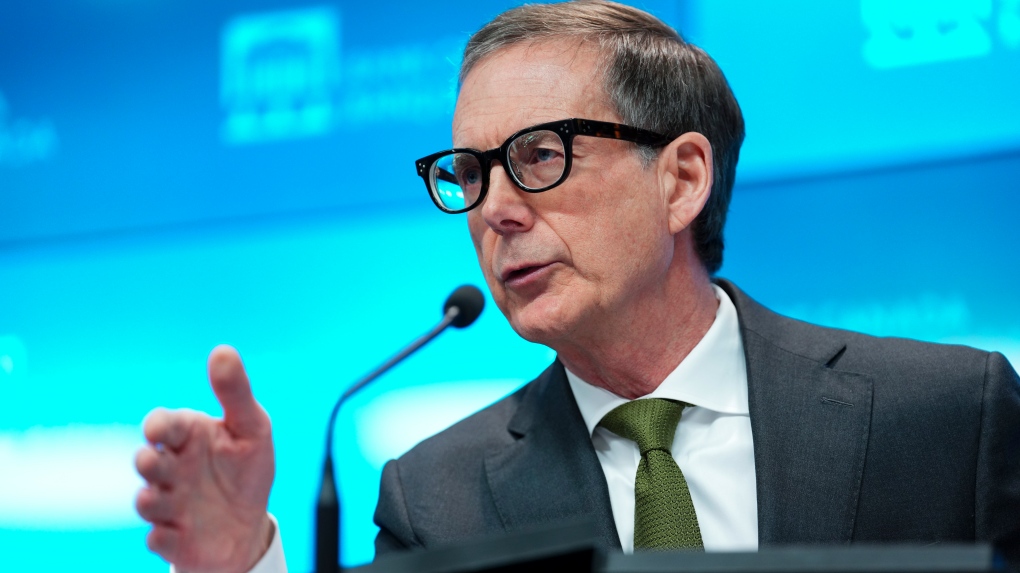Democrat economist Larry Summers warns that inflation is running higher than official government numbers indicate, posing risks to the economy and potentially leading to increased interest rates and market instability.
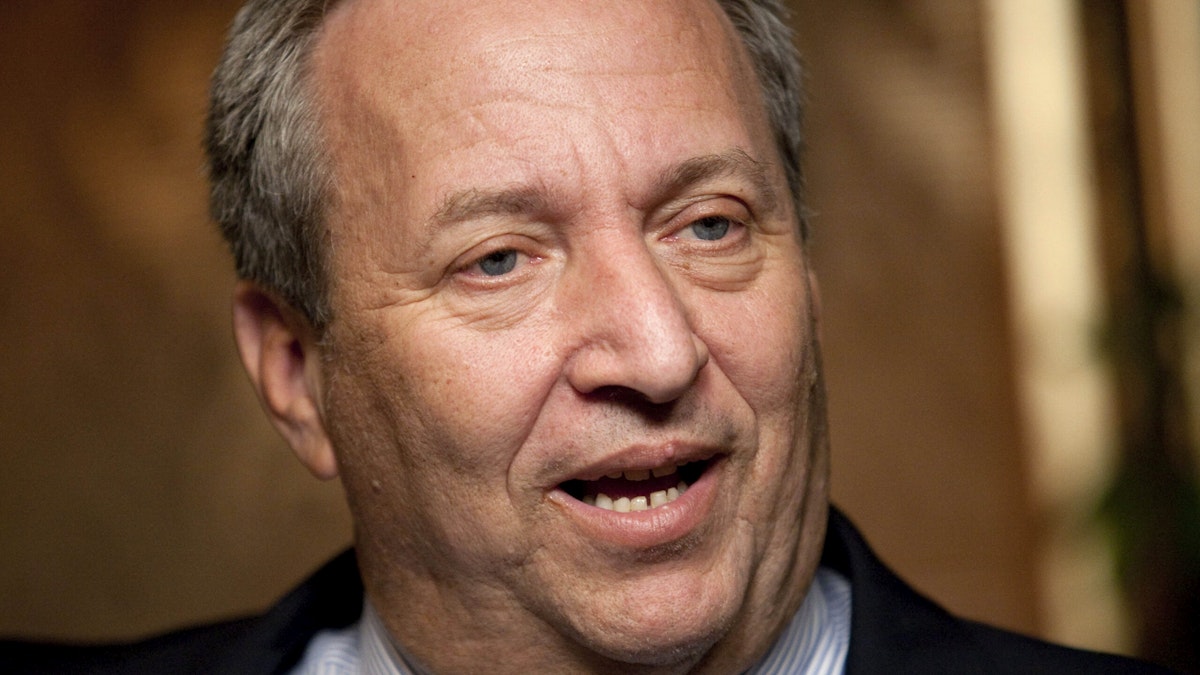
US grocery prices saw their first year-over-year acceleration since August 2022, increasing by 1.2% in March and contributing to an overall rise of 24.6% since the beginning of the COVID-19 pandemic, while dining out costs have risen by 25.6%; despite some grocery items becoming cheaper, the cost of dining out continues to outpace grocery prices due to labor inflation and higher commodities costs.

China has responded strongly to U.S. Secretary Janet Yellen's claims of flooding global markets with cheap goods, asserting that its production system is more competitive, fueling tensions between the two economies on the issue of overcapacity in industries like electric vehicles and solar panels.

China's gender gap has worsened during the pandemic, with women experiencing significant disparities in hours worked and pay compared to men, according to researchers from Peking University, highlighting the ongoing threat of a "she-cession" to the economy. Working mothers with young children have been particularly affected, facing higher unemployment risk, reduced working hours, and lower earnings. Policymakers are urged to provide safe childcare options to prevent further widening of existing gender gaps in the labor market.
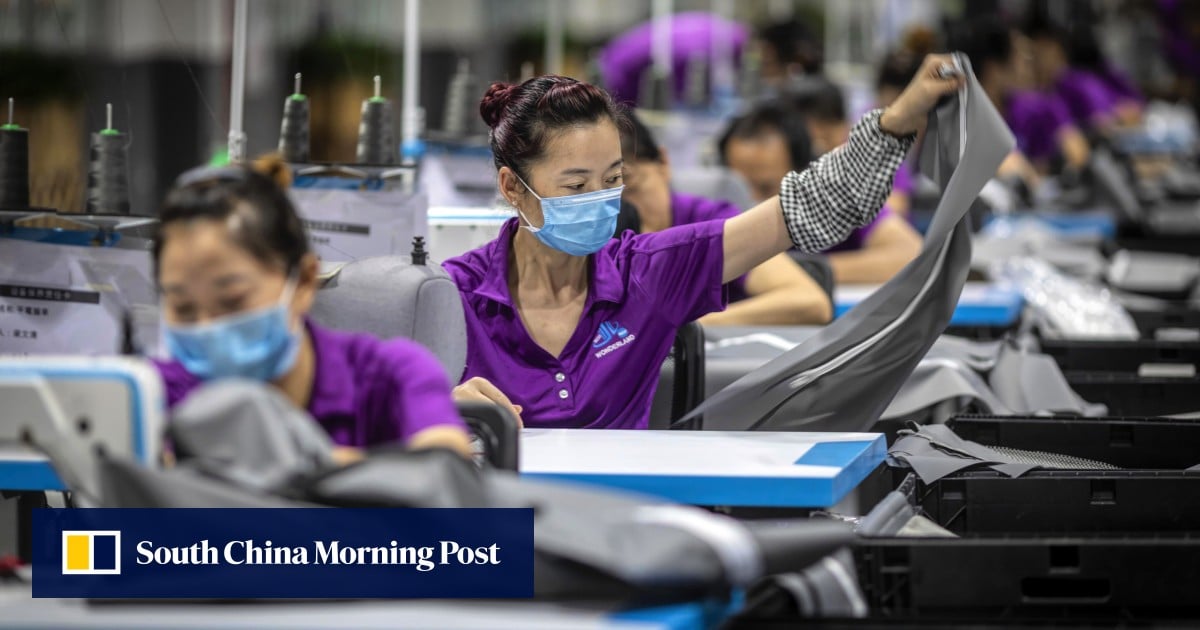
Higher than expected inflation has raised concerns about its persistence and the potential impact on future interest rate cuts by the Federal Reserve, according to Neel Kashkari, President of the Federal Reserve Bank of Minneapolis.

Despite some categories experiencing a significant jump, the average cost of auto insurance in the US continues to rise due to various factors such as the rising cost of vehicles, increasing repair expenses, worker shortages, higher claims severity, and insurance companies' losses during the COVID-19 pandemic.
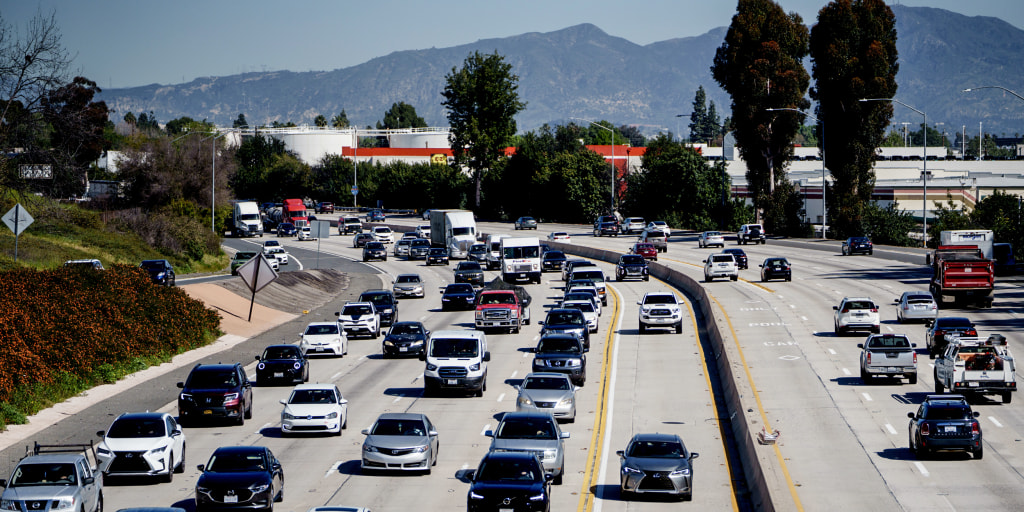
Inflation increased in March for the third consecutive month, raising concerns about when the Federal Reserve will consider cutting interest rates; powerful storms caused damage and power outages in the Gulf Coast; tensions are high among House Republicans over a controversial spying law.

Inflation in the US rose to 3.5% in March, leading to higher prices for everyday goods and services, including food items such as ice cream, eggs, and coffee, which have seen significant price increases since President Biden took office.

Food inflation remains strong, with grocery prices surging 21% in the last three years, surpassing the overall pace of inflation, leading to concerns among Federal Reserve officials about rising price pressures and the persistence of high inflation.
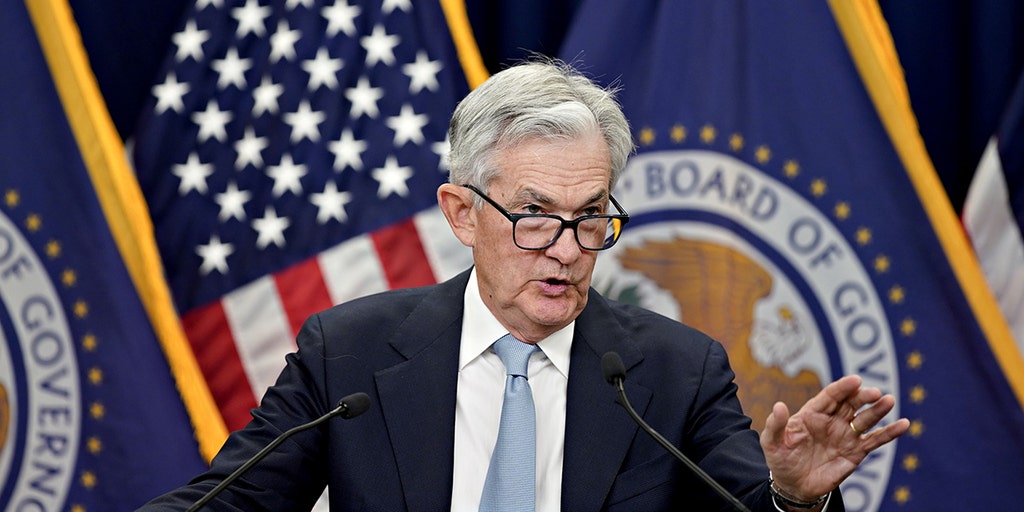
Goldman Sachs' team of economists, led by Jan Hatzius, has revised its predictions for the Federal Reserve's rate cuts in 2024 multiple times, with the latest forecast expecting only two cuts this year in July and November, as they grapple with the volatility caused by unexpected fluctuations in inflation.

Federal Reserve officials are concerned that inflation could remain stubbornly high, as recent increases in inflation have been relatively broad-based, leading to fears that interest rates could remain higher for longer if prices don't budge.
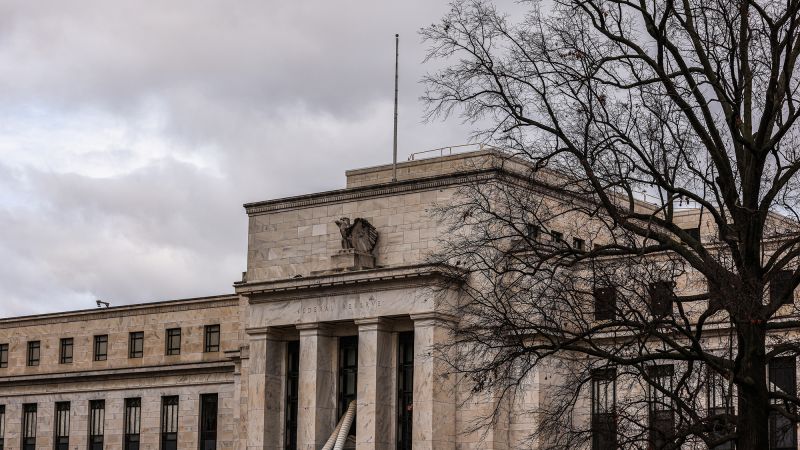
Federal Reserve policymakers expressed concern over worsening inflation before recent data confirmed price increases were accelerating; fears over inflation persist as it remains above the 2% target, making rate cuts less likely.
President Joe Biden defended his handling of the economy as inflation continues to be a problem, with prices rising 3.5% over the past year, according to the latest report, and his approval ratings on the economy have suffered.
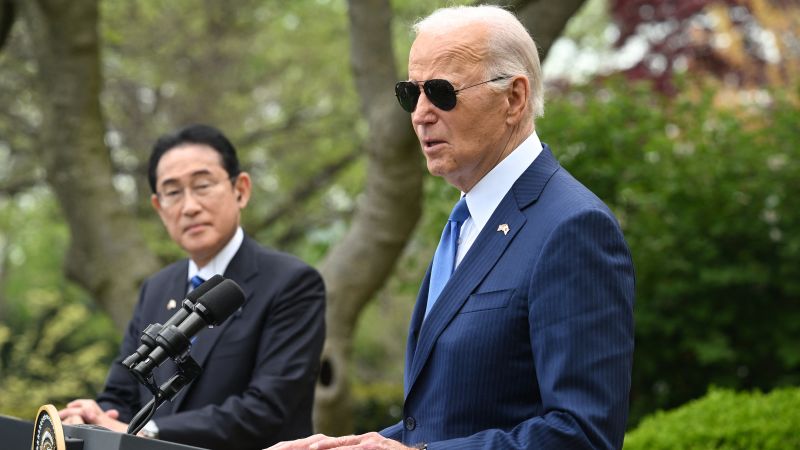
President Biden stated that the March report on inflation may delay an expected interest rate cut from the Federal Reserve, but he still believes a cut will happen before the end of the year.

The United States is experiencing a disparity between macroeconomic indicators, such as the stock market, and microeconomic indicators, such as job quality and wages, indicating that while the overall economy appears robust, many Americans are struggling to make ends meet with part-time jobs, depressed wages, and rising costs of living.

US stocks fell after higher-than-expected inflation data reduced the chances of a June rate cut by the Federal Reserve, with prices for beef, vegetables, and rent running above the March inflation rate.

The Dow Jones records a third consecutive loss after the release of the U.S. CPI report, which showed higher-than-anticipated inflation.

Democratic Rep. Jim Clyburn claimed that the Biden administration has inflation under control, but was interrupted on live television with the news that prices rose more than expected last month, highlighting the ongoing issue of stubbornly high inflation rates.

Democratic US Rep. Jim Clyburn claimed that the Biden administration has inflation under control but was interrupted on MSNBC with the news that consumer prices rose more than expected last month.

The US is facing a growing debt crisis, prompting calls for a "debt detox" in order to pave the way for the next economic boom, according to market expert Harry Dent. Dent warns of a massive financial asset bubble and blames overstimulation and overreaction to COVID for the current debt levels, predicting that the Federal Reserve will have to take action to address the issue.

Energy prices have increased by over a third since President Biden took office, with gasoline and housing costs being the main drivers, as inflation continues to burden Americans.

Riverside and Los Angeles See Faster Inflation than National Average, Prices Up Over 4% in Past Year
Residents of Riverside and the Los Angeles-Long Beach area are experiencing higher inflation rates compared to the rest of the country, with consumer prices rising by 4.30% and 4% year-over-year, respectively, despite the overall U.S. inflation rate stabilizing at 3.5%.

White House Senior Advisor Gene Sperling discusses the impact of inflation on US consumers and the Biden administration's efforts to ease pricing pressures, particularly in energy costs and the housing sector, amid March's higher-than-expected Consumer Price Index (CPI) data.
JPMorgan Chase CEO Jamie Dimon warned that interest rates could rise to 8 percent or higher, citing a range of economic outcomes from strong growth to stagflation, in a letter to shareholders.

Lowering rates could potentially address the demand-supply imbalances in the housing market by incentivizing homeowners to sell and increasing housing supply.
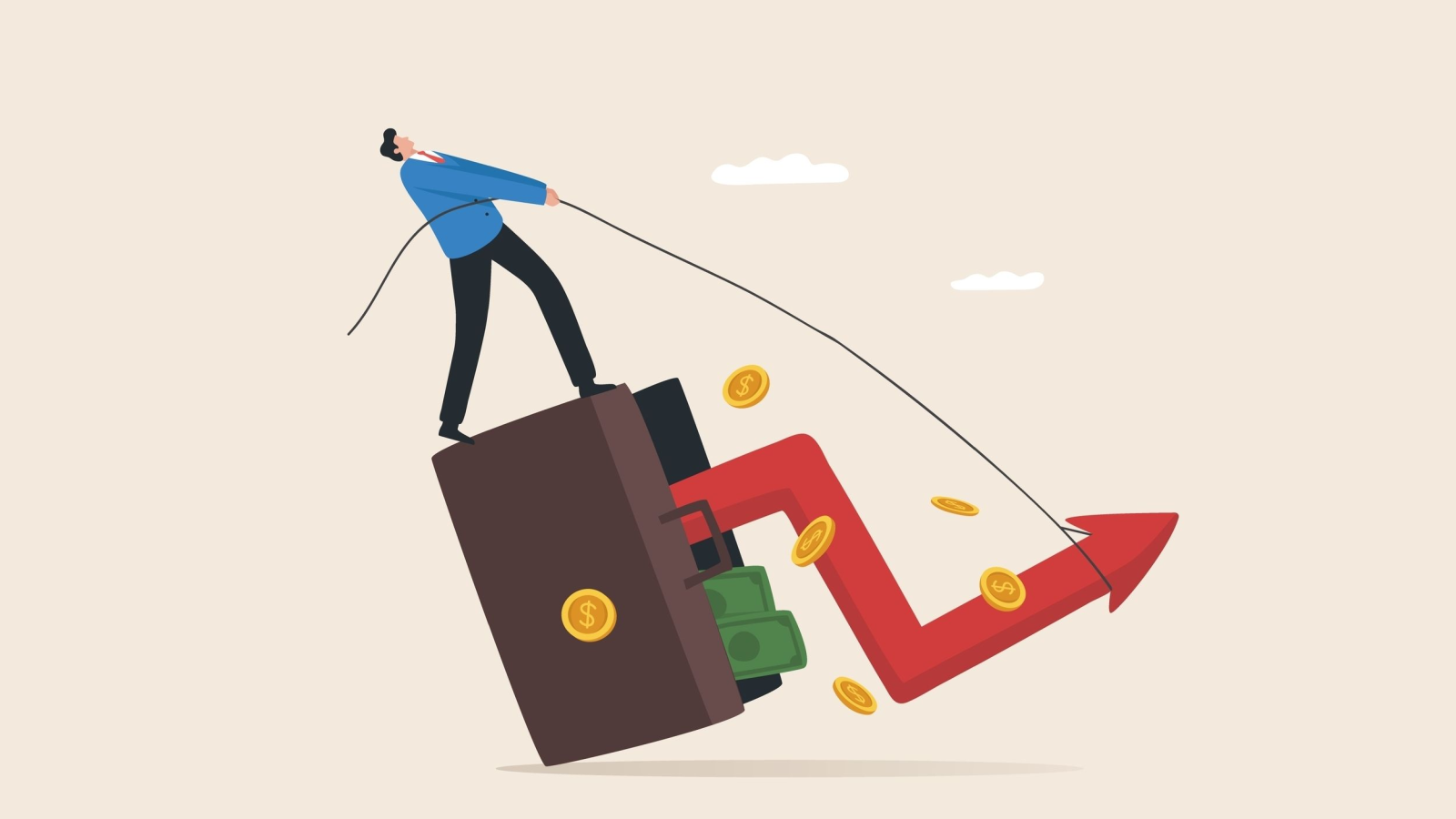
JPMorgan strategist Jack Manley argues that the Federal Reserve needs to start cutting interest rates in order to lower inflation and reduce shelter costs.
The CEO of JP Morgan Chase, Jamie Dimon, has warned that the shrinking stock market in the US is a "serious trend" for the economy, as the number of publicly traded companies has declined over the years due to more firms choosing to stay private, resulting in less investor trust and potential long-term difficulties for the US economy.
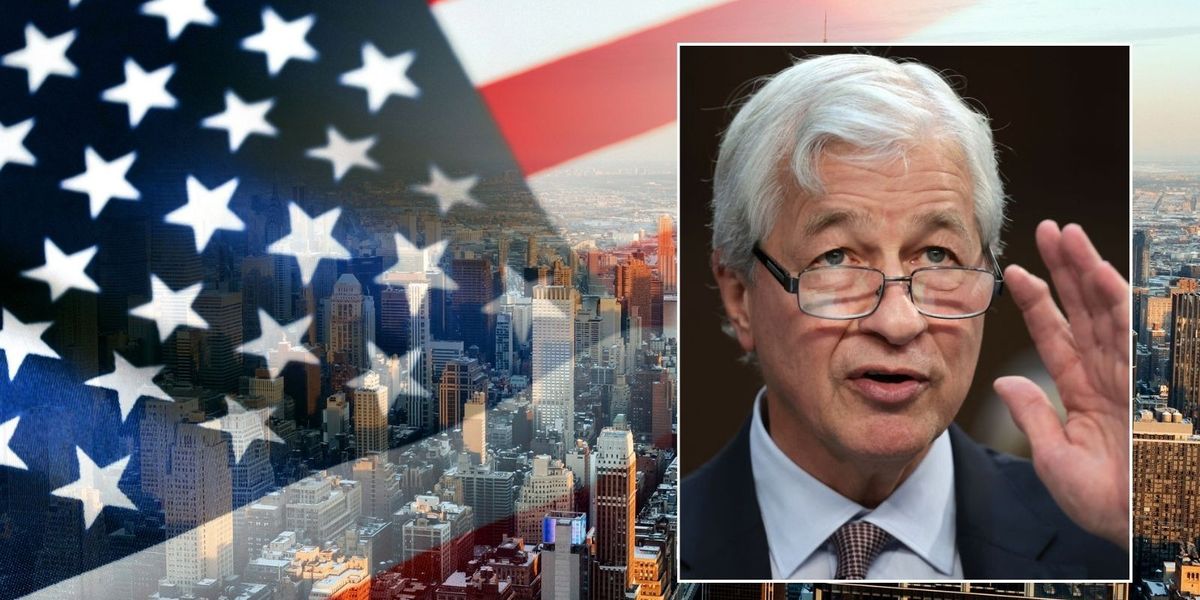
The estimate for Social Security's cost-of-living adjustment for 2025 has increased to 3% due to higher-than-expected inflation in March, which is the third adjustment made this year.

A high-yield savings account is a wise choice for individuals seeking protection against rising inflation as it offers higher interest rates and flexibility compared to regular savings accounts or certificates of deposit.
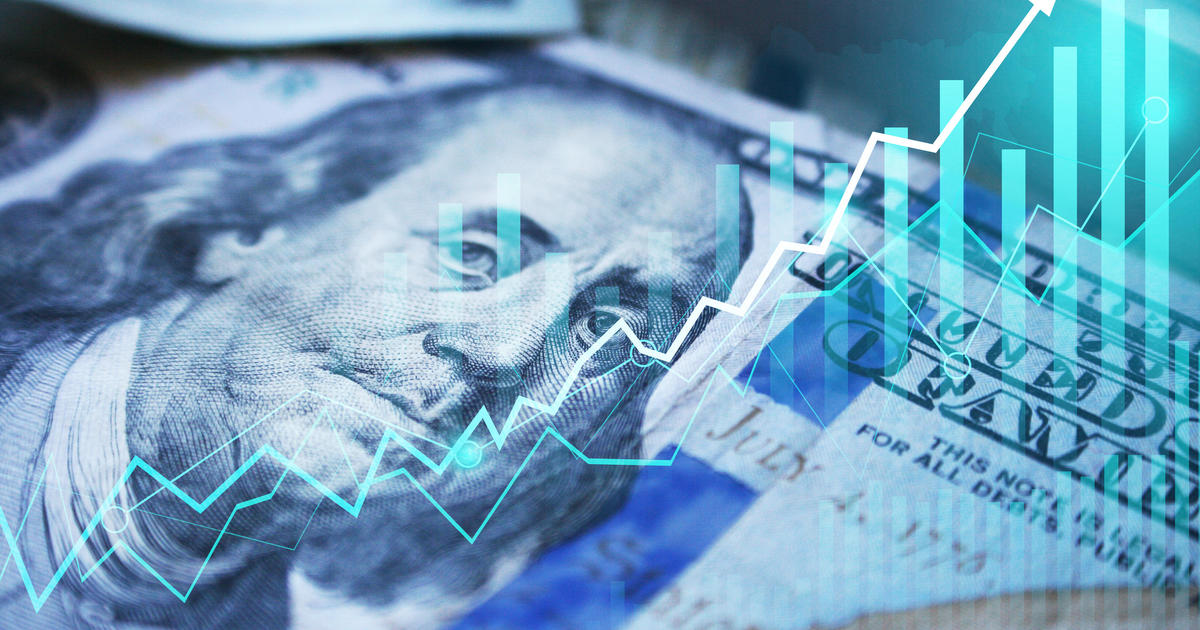
South Korea's ruling party suffers a heavy defeat in parliamentary elections, prompting Prime Minister Han Duck-soo and senior presidential officials to offer their resignations, potentially weakening President Yoon Suk Yeol's grip on power.
Treasury yields soared to new year-to-date highs as hotter-than-expected March inflation readings prompted investors to scale back their expectations for US interest-rate cuts this year.

Fitch Ratings has revised the credit outlook for China to Negative due to concerns over growing debt levels and increasing uncertainty in public finances, while maintaining China's credit rating at A+; this comes as China faces a debt-to-GDP ratio of 287%.
Nearly 50 million Americans are now considered 'subprime borrowers' due to missed debt payments and low credit scores, making it difficult for them to access loans and credit cards with favorable interest rates.

President Biden is grappling with the negative consequences of higher inflation and public perception of the economy, as polls show that people hold a negative view of the economy and his handling of it, despite the fact that inflation has declined and incomes have risen; these factors, combined with the high cost of living in California, where prices for everyday items are significantly higher, create a greater impact on the public's perception and exacerbate concerns about inflation and the economy.

China's economic slowdown is causing uncertainty for its middle class, which is the largest in the world, as they can no longer assume continuous economic gains and worry about their children's future, leading to a decrease in consumer spending and a shift towards prioritizing value for money over luxury brands.

President Biden's hope for cooler inflation to boost his re-election chances has been temporarily thwarted by an unexpected increase in price growth across the economy.

Gen Z is facing the challenges of inflation and high housing costs despite entering the workforce during a strong job market, leading to financial angst and growing distress among the younger generation. Millennials, who experienced a difficult job market and stagnant wages, provide some solace as they have started to catch up financially in recent years.

US stocks fell sharply after higher-than-expected inflation data for March raised concerns about the Federal Reserve's timeline for rate cuts, leading to a decline in the Dow, S&P 500, and Nasdaq Composite.
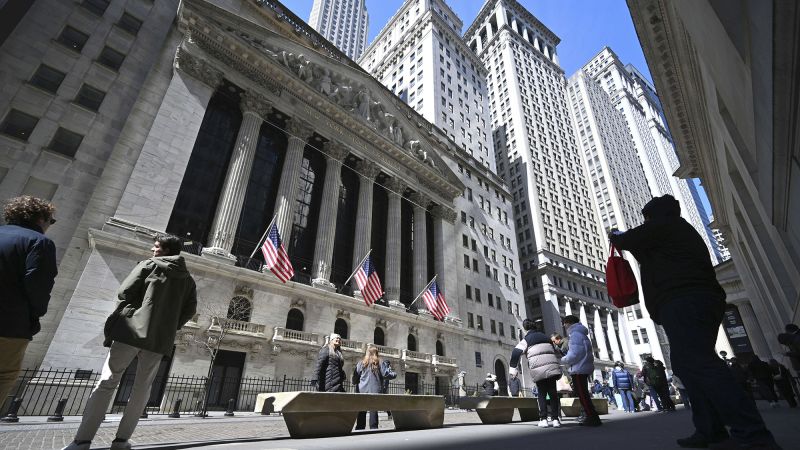
The US government will only be able to pay about half of the benefits eligible low-income Americans under a federal benefits program, known as the Affordable Connectivity Program, due to lack of funds, which could force millions of households to face economic distress and potentially give up internet service.

Traders and analysts predict that the Federal Reserve will wait until September to begin cutting interest rates, after a government report showed stronger-than-expected inflation for the third consecutive month.

China's middle class, the largest in the world, is feeling the impact of the country's economic slowdown, leading to financial concerns and a shift in consumer behavior towards cost-saving measures.

Almost a third of California's registered banks have commercial real estate loans above the 300% threshold, making it an industry trouble spot as regulators are concerned about the impact of falling property values on lenders' portfolios.

Consumer prices in the United States have risen by 3.5% in March from a year earlier, surpassing economists' predictions, signaling that inflation is proving to be stubborn and challenging to bring below the 3% level.

U.S. consumer prices rose more than expected in March, leading to speculation that the Federal Reserve will delay interest rate cuts until September due to higher costs for gasoline and rental housing.
U.S. Treasury Secretary Janet Yellen's call for China to implement large-scale consumer stimulus is reminiscent of strategies used in Japan in the 1990s, but the U.S. should also focus on building its own economic muscle to compete with China.

Global economic growth is projected to fall below its historical average by 2030 unless significant reforms are made to enhance productivity and leverage technologies such as artificial intelligence, according to the IMF. The IMF warns that weak growth expectations may discourage investment and restrict governments' ability to counter economic slowdowns, and emphasizes the need for policies that enhance market competition, trade openness, financial access, and labor market flexibility. Additionally, the IMF urges countries to strengthen regulatory frameworks and ensure the fair and widespread distribution of AI benefits.

New York has the worst economic outlook among all US states for the 11th consecutive year, attributed to its high taxes and regulatory environment, according to a new report by the American Legislative Exchange Council (ALEC).

US mortgage rates rose to over 7% for the first time in a month, leading to a decrease in home purchase applications, while refinancing activity increased.

Despite entering adulthood during a strong job market, Gen Z is facing challenges that include high inflation, expensive essentials, and limited opportunities for homeownership, leading to higher rates of anxiety and distress among this generation, according to a McKinsey study. However, they can take solace in the fact that previous generations, such as Millennials, have also faced their own economic hurdles.

The Bank of Canada has decided to keep its policy rate unchanged at five percent for now, but has not ruled out the possibility of a rate cut in June if certain conditions are met, as the central bank continues to monitor inflation and economic growth.
